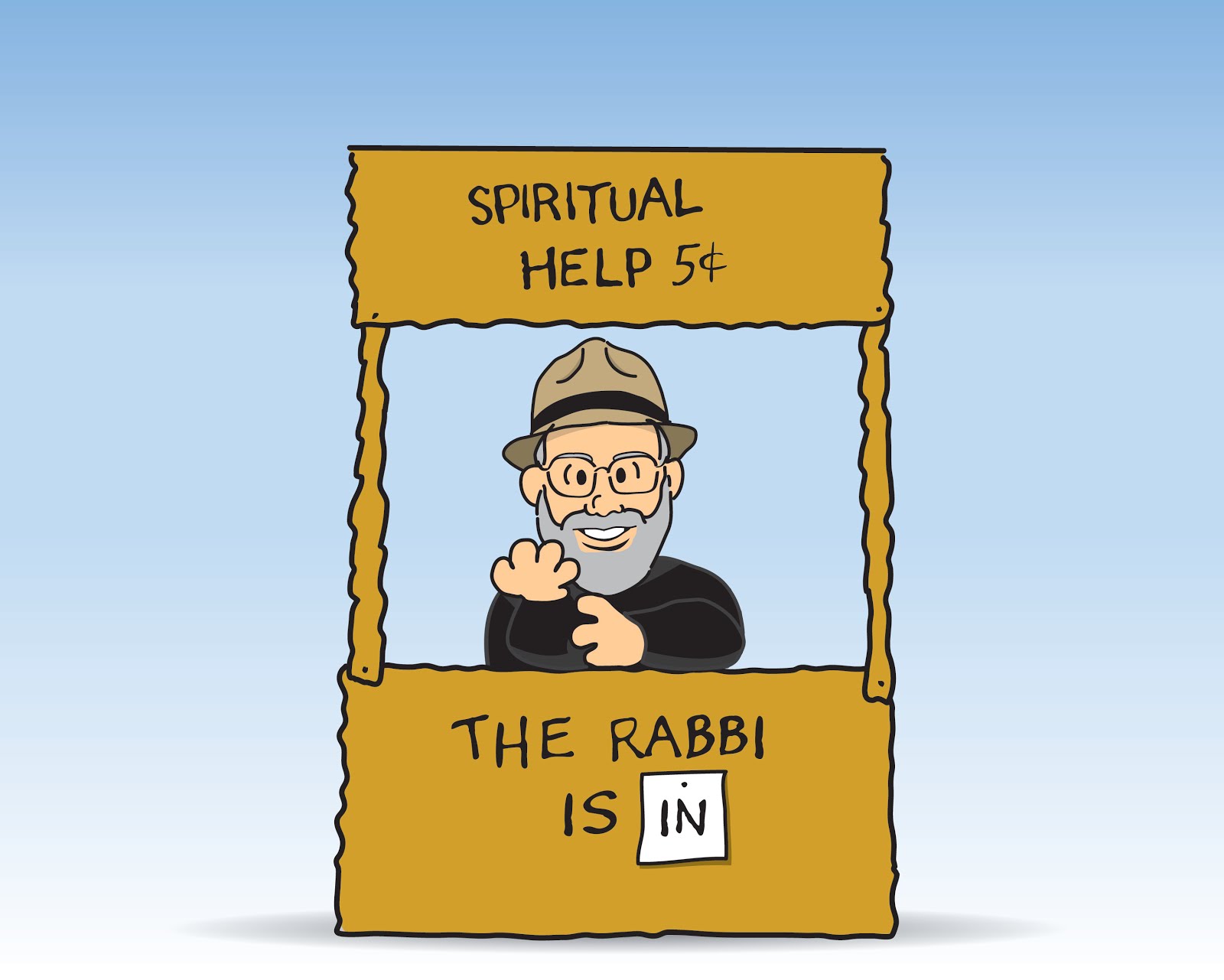Everybody loves a magic bullet; even people who should know better. The Andrea and Charles Bronfman Foundation, one of the most innovative and generous Jewish philanthropies, is looking for the “killer app” that will transform Jewish life. The Foundation is offering a two-year gig at Brandeis and a six-figure salary to the person with the next Big Idea. I have no doubt they will find one, and no doubt it will fail.
The project is offered in the spirit of the 1929 effort by then Sears Roebuck and Company chairman Julius Rosenwald who offered $10,000 to the person who could best answer the question, “How can Judaism best adjust itself to and influence modern life?” The winner was Rabbi Mordecai Kaplan, my teacher, hero, and founder of Reconstructionist Judaism.
Is Bronfman looking for the next Kaplan? I hope so. MK was one of the most radical Jewish thinkers of all time, redefining “Who is a Jew” and “What is God” in drastically humanistic ways that did much to change Judaism over the ensuing decades. But the fact that few people today know who Kaplan is, and that the Reconstructionist movement itself is no longer Kaplanian or even neo-Kaplanian in its orientation suggests that no one person, no matter how brilliant, can trigger a real transformation of Jewish life.
It is not that Judaism lacks big ideas and geniuses to think them; it is that the day of the Big Idea for social transformation has passed. Even the Internet, the last great transformation trigger, was not one Big Idea of a many Big Ideas and many more little ones. The Internet birthed a continuing revolution, something Judaism needs but most likely cannot sustain. Indeed, the Bronfman idea of putting the Big Idea in a book and the Big Thinker at Brandeis will render both irrelevant a week after the New York Times prints its book review.
Judaism needs a drastic revolution akin to the rabbinic reinvention of Judaism following the destruction of the Temple in 70 CE. But it takes a disaster to trigger such a revolution, and Jews don’t take Judaism seriously enough to experience a disaster. The only disaster that would register in the minds of most Jews is an all out military attack on Israel’s survival, and that disaster would trigger a nuclear war that will make concerns about Jewish survival pale to insignificance.
The Bronfman Foundation shouldn’t be seeking to tap the wisdom of one Jew, but the wisdom of the Jewish crowd. My suggestion would be to create an on-line Jewish think-tank that invites Jews to solve their own problems without looking to a Big Thinker or any other authority figure.
It just so happens that I am working on this idea through www.simplyjewish.com (forthcoming). It will be a place where Jews are invited to solve the challenges of Jewish life not by finding one solution but by experimenting with many. I will write more about this when the site is up and running (which means when I get some serious money to build it, so don’t hold your breath). In the meantime, I’m praying that the Bronfman’s find another Mordecai Kaplan.
Thursday, October 11, 2007
Subscribe to:
Post Comments (Atom)


No comments:
Post a Comment